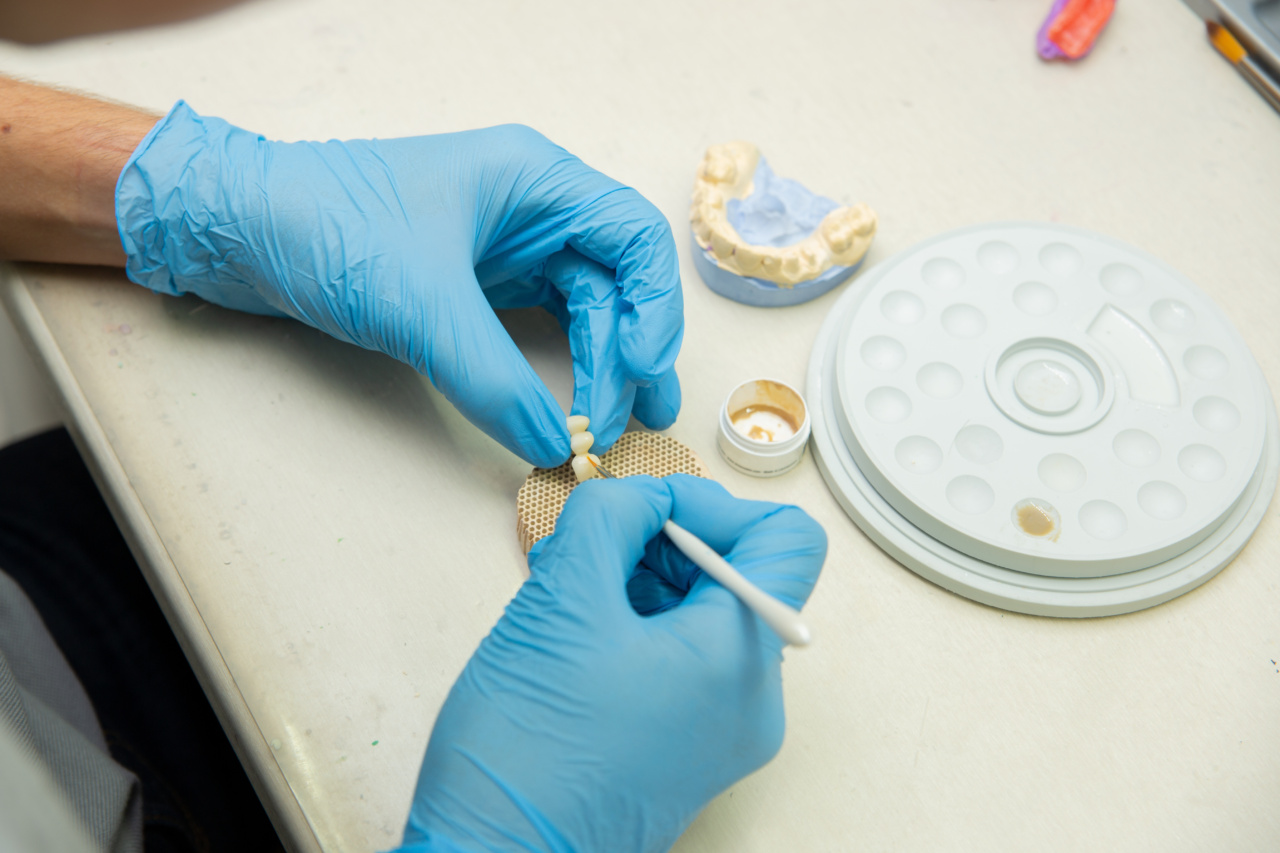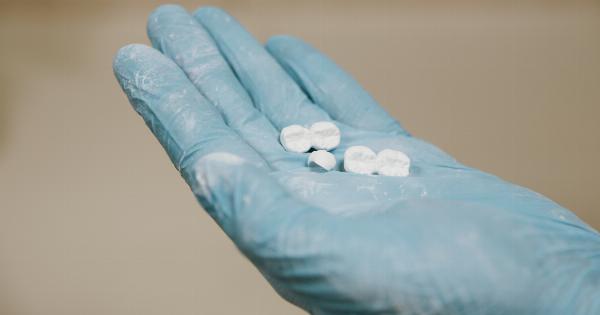Dental implant surgery has become a popular and effective method for replacing missing teeth. However, certain medications can cause the elimination of dental implants from the body.
In this article, we will discuss some of the medications that can cause this problem and how it can be prevented.
Antiresorptive Medications
Antiresorptive medications are often prescribed to people with osteoporosis or cancer that has metastasized to the bones. These medications can include bisphosphonates, denosumab, and anti-angiogenic drugs.
While these medications can help to prevent bone loss, they can also interfere with the healing process after dental implant surgery.
In rare cases, antiresorptive medications can cause a condition called osteonecrosis of the jaw (ONJ). This condition causes the death of bone tissue in the jaw, leading to pain, swelling, and infection.
Patients who are taking these medications should inform their dentist about their prescription, as special precautions may need to be taken during dental procedures.
Immunosuppressant Medications
Immunosuppressant medications are often prescribed to prevent organ rejection in people who have undergone transplant surgery. These medications can weaken the immune system, making it more difficult for the body to fight off infections.
As a result, people who are taking immunosuppressant medications may be more prone to infection after dental implant surgery.
Additionally, certain immunosuppressant medications, such as tacrolimus, have been shown to interfere with bone growth and healing.
Patients who are taking these medications should inform their dentist and discuss the risks and benefits of dental implant surgery.
Chemotherapy Medications
Chemotherapy medications are often used to treat cancer by killing fast-growing cancer cells. However, these medications can also damage healthy cells in the body, including bone cells.
As a result, patients who are undergoing chemotherapy may be at a higher risk for dental implant failure.
Additionally, chemotherapy can weaken the immune system, making it more difficult for the body to fight off infections.
Patients who are undergoing chemotherapy should inform their dentist about their prescription and schedule dental implant surgery during a time when their immune system is stronger.
Anticoagulant Medications
Anticoagulant medications, also known as blood thinners, are often prescribed to prevent blood clots in people who have a high risk for stroke or heart attack. These medications can include warfarin, heparin, and rivaroxaban.
While these medications can be life-saving, they can also increase the risk of bleeding during and after dental implant surgery.
Patients who are taking anticoagulant medications may need to stop taking their prescription before dental implant surgery to reduce the risk of bleeding.
However, this decision should be made in consultation with the patient’s doctor, as stopping the medication can increase the risk of blood clots or other serious complications.
Corticosteroid Medications
Corticosteroids are often prescribed to reduce inflammation and pain in people with conditions such as arthritis or asthma. While these medications can be effective in relieving symptoms, they can also interfere with bone growth and healing.
As a result, patients who are taking corticosteroids may be at a higher risk for dental implant failure.
Additionally, long-term steroid use can weaken the immune system, making it more difficult for the body to fight off infections.
Patients who are taking corticosteroids should inform their dentist and discuss the risks and benefits of dental implant surgery.
Preventing Dental Implant Failure
Patients who are taking medications that can cause the elimination of dental implants from the body should inform their dentist and discuss the risks and benefits of dental implant surgery.
In some cases, it may be necessary to delay surgery or take special precautions to reduce the risk of complications.
Additionally, patients can take steps to improve their overall oral health and reduce the risk of dental implant failure. This can include regularly brushing and flossing their teeth, avoiding tobacco products, and scheduling regular dental check-ups.
Conclusion
Dental implant surgery can be a highly effective method for replacing missing teeth. However, certain medications can increase the risk of dental implant failure.
Patients who are taking antiresorptive, immunosuppressant, chemotherapy, anticoagulant, or corticosteroid medications should inform their dentist and discuss the risks and benefits of dental implant surgery. By taking these precautions and maintaining good oral health, patients can improve their chances of a successful outcome.




























